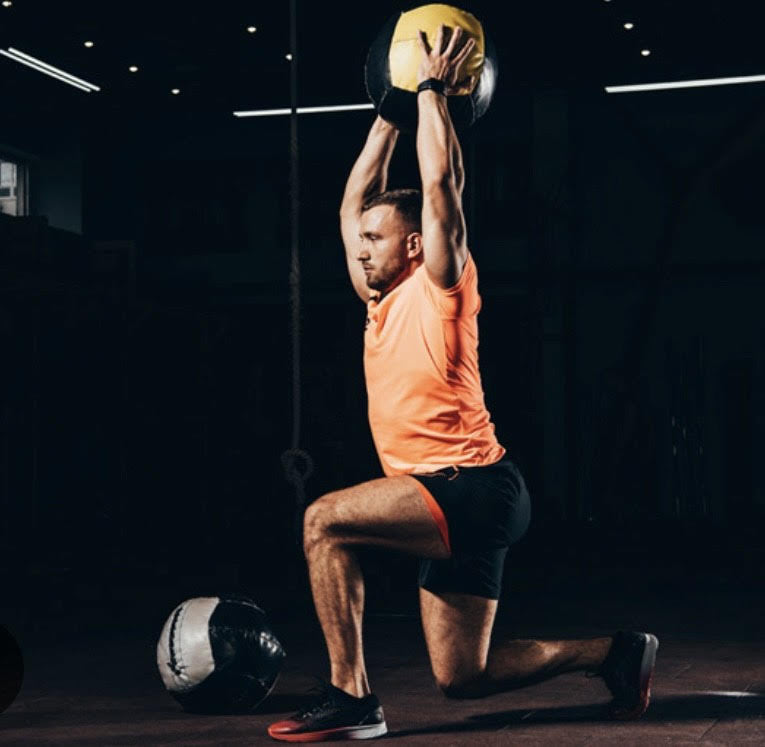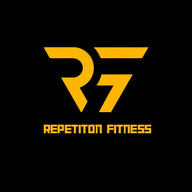Choosing The Right Gym Equipment For Your Training Goals

Start With the End Goal in Mind
Before purchasing any fitness equipment, ask yourself one key question: "What are my training goals?" Whether you're focused on muscle growth, weight loss, endurance, or functional fitness, your goals will determine the best setup for your space and budget.
Strength Training Essentials
For those focused on building strength and muscle, consider investing in high-quality staples like an adjustable bench, Olympic barbell, and a set of rubber-coated weight plates. Power racks with pull-up bars offer the most versatility, allowing for squats, presses, and bodyweight movements in one compact space.
If space is limited, all-in-one functional trainers provide a full-body resistance workout without taking over your room. These are popular in both home gyms and commercial training facilities due to their range and compact design.
Functional and HIIT Equipment
If your training leans toward functional movement or HIIT (High-Intensity Interval Training), look for equipment like kettlebells, battle ropes, plyo boxes, and resistance bands. These items require less space and allow for dynamic, full-body workouts.
For added performance and tracking, smart gym tools like wearable sensors or app-integrated equipment help monitor progress and maintain motivation.
Choosing the Right Cardio Machines
When it comes to cardio, the right machine depends on your training style and available space. Treadmills, rowing machines, and air bikes are popular choices. If you're short on space, foldable treadmills or vertical climbers are excellent for small areas.
In commercial settings, consider more durable and ergonomic models designed for high use. Prioritize machines with programmable settings and heart rate monitors for a premium user experience.
Balance Between Cost, Space, and Performance
Balancing your budget with your available space and performance needs is key. Multifunctional equipment often delivers the most value, offering diverse training options in a single footprint. Modular equipment is especially beneficial for gyms that may expand or adapt over time.



